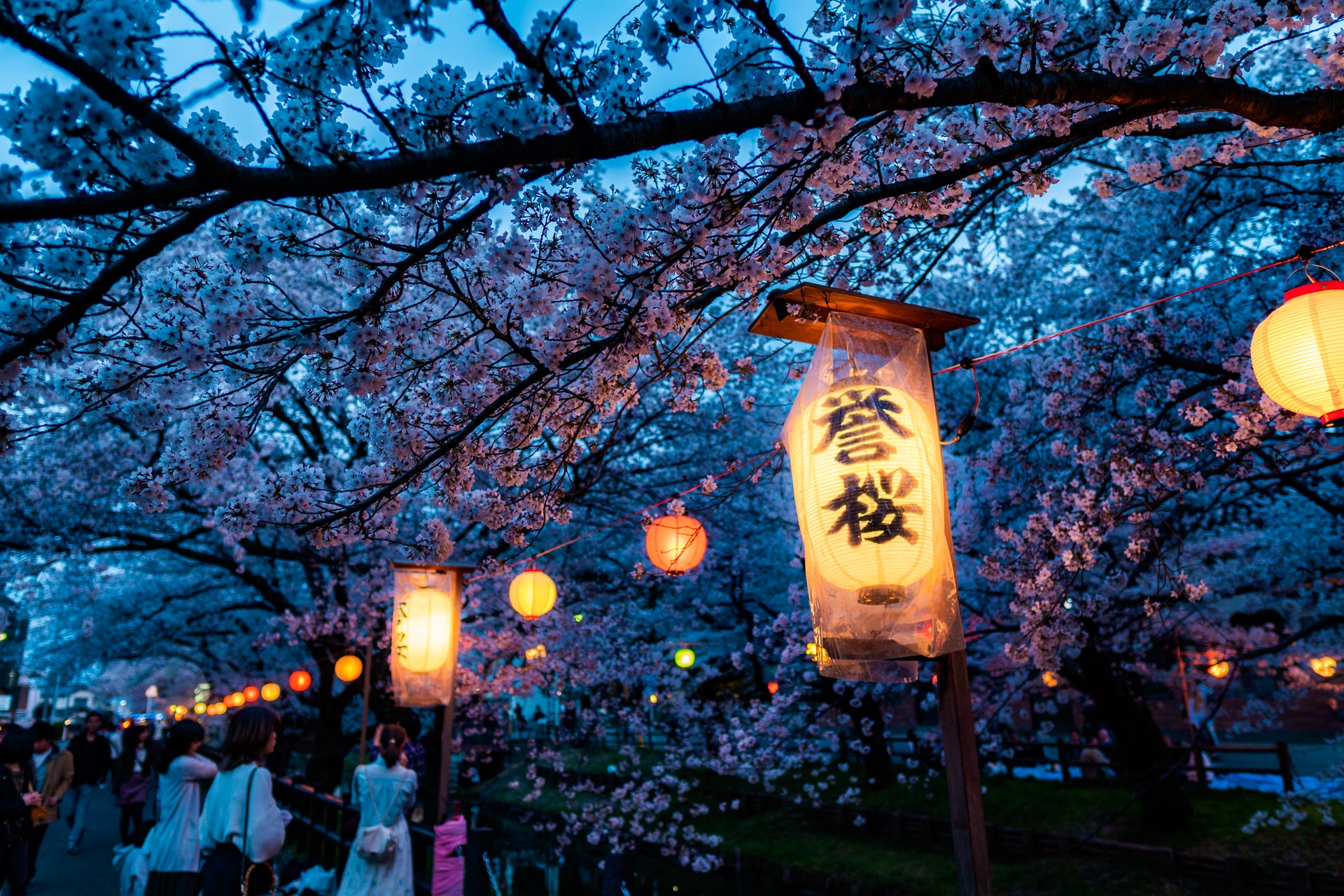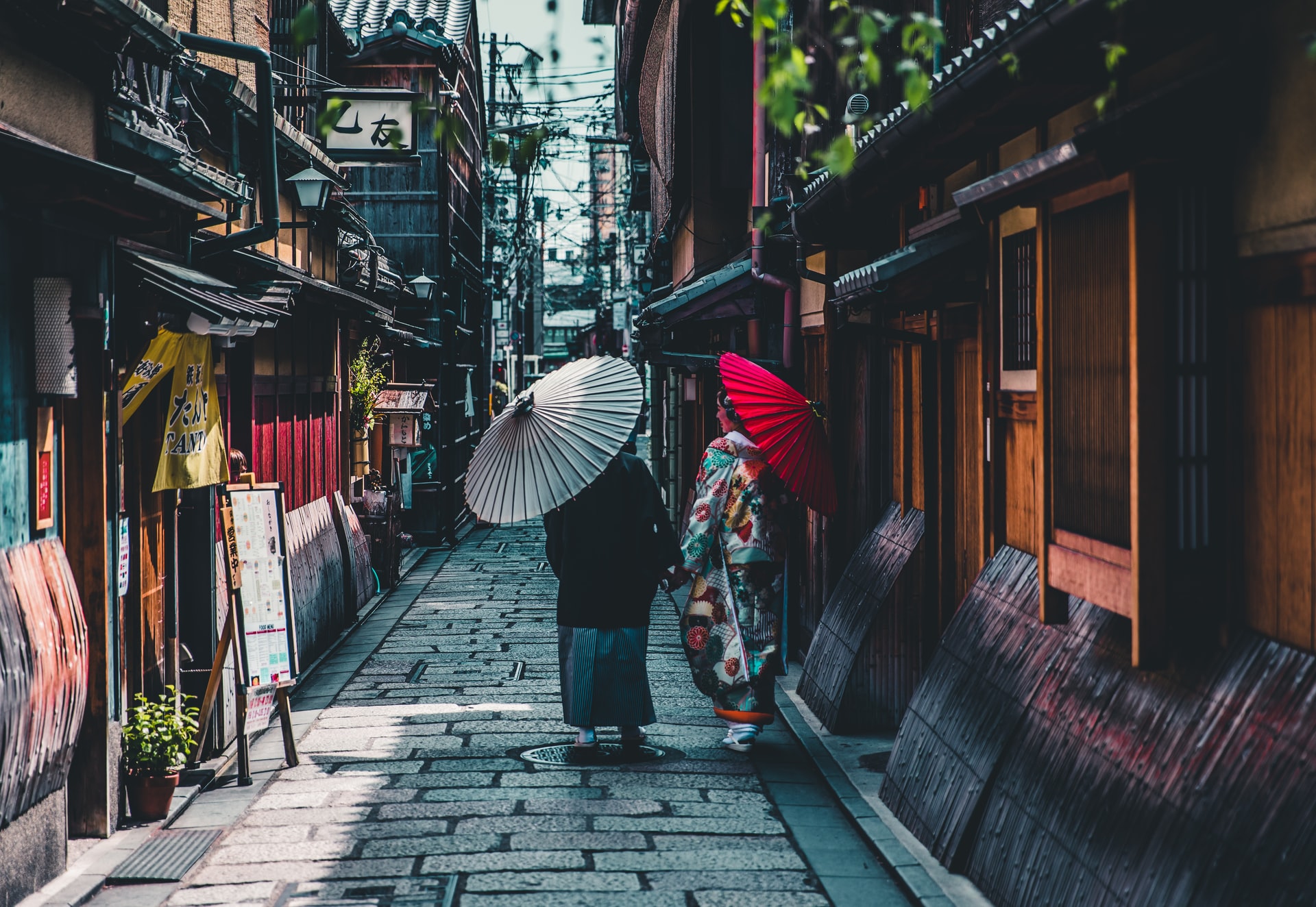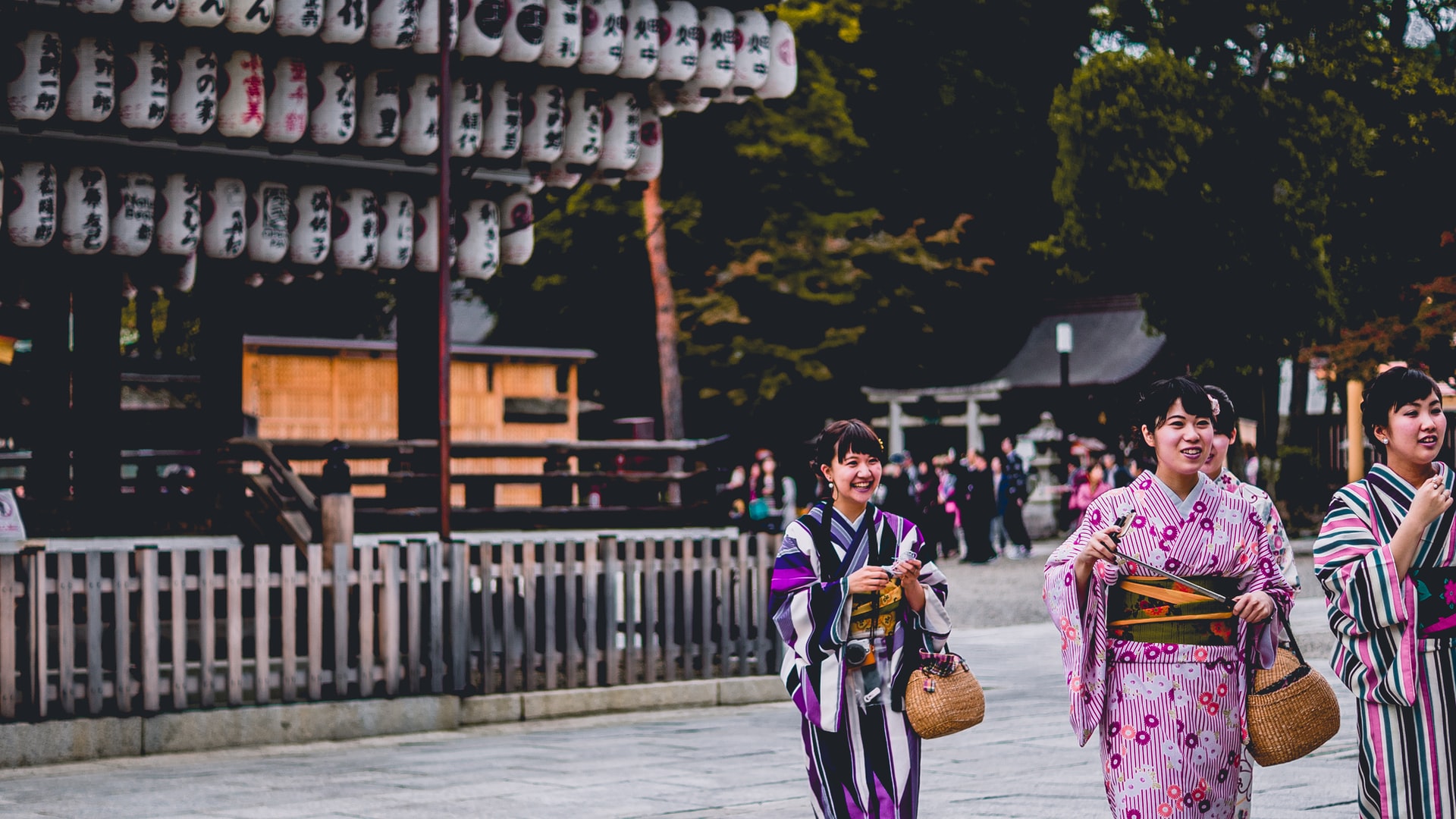Kapanlagi.com - The word sayonara has become a common Japanese language known to the public. However, many people still do not understand the meaning and usage of sayonara.
The meaning of sayonara is usually used as a form of farewell greeting. However, there is actually a meaning of sayonara that is not widely known. That is why in this article we will discuss the meaning of sayonara in Japanese language.
In addition to understanding the meaning of sayonara, there are several other pronouns that are used as farewell greetings. To find out the explanation about the meaning of sayonara, let's directly check out the review below.
Because there is a discussion about the meaning and usage of sayonara. Let's check out the meaning of sayonara that has been summarized by kapanlagi.com from various sources as follows.
1. Meaning of Sayonara in Japanese Language

(credit: unsplash.com)
There are several popular Japanese languages known to the people of the homeland. One of them is the word sayonara which you have heard very familiarly. Moreover, there is a children's song using the word sayonara. Therefore, the word Sayonara is already very familiar and popularly known by the wider community.
But do you know the meaning of sayonara in Japanese? Yes, the meaning of sayonara comes from the Japanese language which has a certain meaning. Sayonara means goodbye. That is why sayonara is often used as a farewell greeting in Japanese.
Looking at the meaning of sayonara in Japanese, this word is used to indicate a farewell or the end of something. Some terms with the word sayonara, for example sayonara patii (farewell party). That is an explanation of the meaning of sayonara that you need to know.
2. The Meaning and Significance of Sayonara

(credit: unsplash.com)
Inseparable from the meaning of sayonara is separation, but the meaning of sayonara is not as simple as that, KLovers. Because according to several sources, it is mentioned that the word sayonara is not always used by Japanese people for farewell greetings.
The reason is that the meaning of sayonara is used when the separation is the last meeting. In other words, the meaning and significance of sayonara are expressed if someone is separated for a long time or even will never meet again.
Even according to a survey, most Japanese people are known not to use the word sayonara for brief farewells. Because the word tends to show a cold attitude. That is an explanation of the meaning and significance of sayonara.
3. Using the Expression of Sayonara

(credit: unsplash.com)
So when is the word sayonara used? After knowing the meaning of sayonara, also understand when the appropriate time to use the word sayonara is. As previously known, sayonara is an expression used as a farewell greeting. However, this word is used if someone will not meet again with someone else for a very long time or even never meet again.
That is why the word sayonara is usually used when someone will move to a place far away for a very long time. However, this word does not apply if you are parting with someone for a short time. Therefore, it is best to avoid using the word sayonara as a farewell greeting if you are only parting for a short time. Moreover, nowadays most Japanese people choose to use other words for farewell greetings.
4. Farewell Greetings Other Than Sayonara

(credit: unsplash.com)
After knowing the meaning of sayonara in Japanese, there are several other farewell greetings that can be an alternative for you besides sayonara. Therefore, below are some options for farewell greetings other than sayonara.
1. Jaa Ne: It means a farewell greeting that means see you later. This expression is usually used when someone is saying goodbye.
2. Ittekimasu: It means a farewell greeting that means I'm leaving now. Generally used when someone is going to do their activities, whether it's going to the office or other places.
3. Bai Bai: It means a farewell greeting that means similar to bye bye or see you later.
4. Gokigenyou: It means a farewell greeting that means hello or see you later.
5. Osaki ni shitsurei shimasu: It means a farewell greeting that means excuse me, I'm leaving now.
6. Otsukaresama desu: It means a farewell greeting that means thank you for your hard work today.
5. Popular Terms in Japanese

(credit: unsplash.com)
Not only the word sayonara is popularly known by the public, there are still several popular terms in Japanese. Moreover, these popular terms have been trending on social media. The following is a discussion of popular terms in Japanese that you can check out below.
1. Ganbatte is a popular term that means spirit.
2. Kawaii is a popular term that means cute.
3. Sugoi is a popular term that means great.
4. Dame is a popular term that means don't.
5. Ogesada ne! is a popular term that means excessive or too much.
6. Senpai is a popular term that means senior.
7. Ossu is a popular term that means hello.
8. Betsu ni is a popular term that means don't worry about it.
9. Baka is a popular term that means stupid.
10. Kimoi is a popular term that means disgusting, hilarious, or scary.
That is the explanation of the meaning of sayonara that you need to know. So you won't be confused anymore in understanding the meaning and use of sayonara.
(kpl/gen/nlw)
Disclaimer: This translation from Bahasa Indonesia to English has been generated by Artificial Intelligence.

















